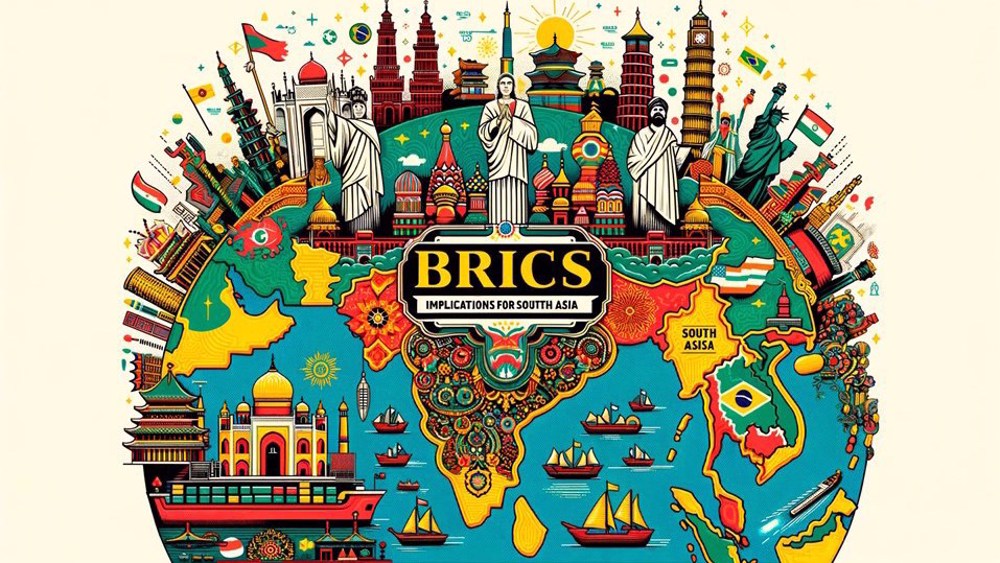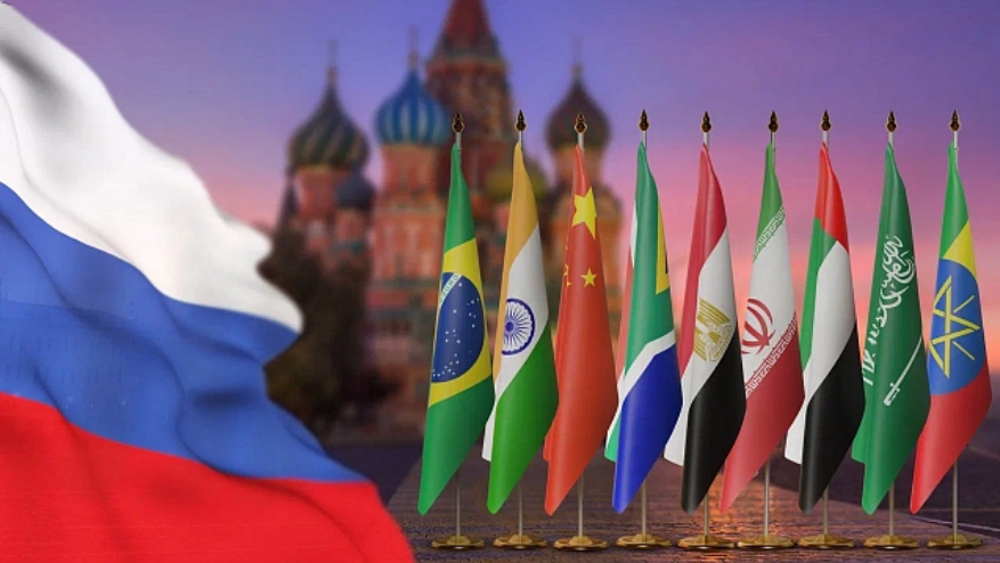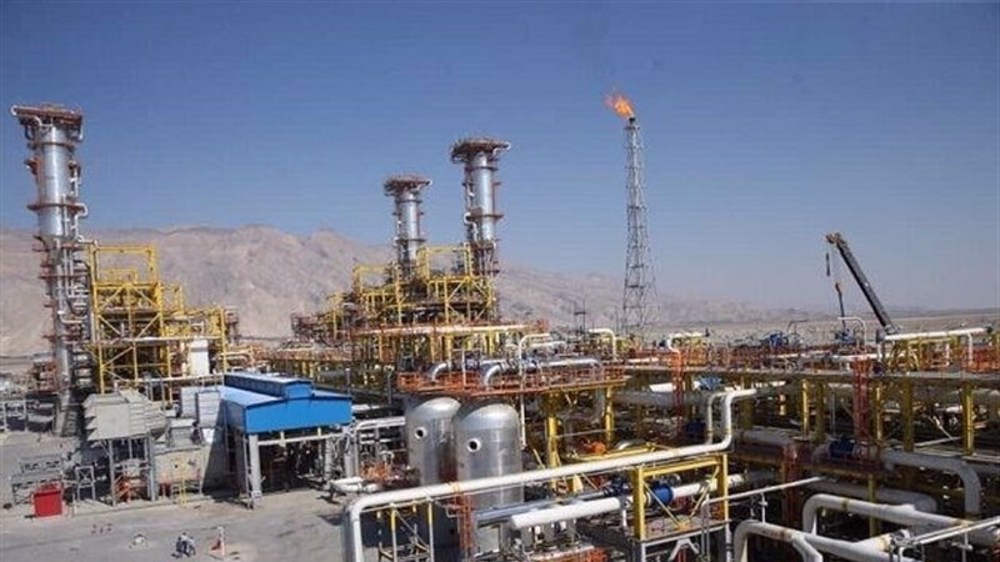What the expansion of BRICS means for the world
The BRICS group of emerging economies, a major political force in the last two decades, is about to officially welcome nine new nations as partner countries on Wednesday after admitting four new members in 2024.
Until recently, the bloc was limited to its original founders of Brazil, Russia, India, China and South Africa, but with the group's change in approach amid requests from various countries to join it, the BRICS agreed to increase its membership in order to expand its front against the West.
As a result, Iran, the UAE, Ethiopia, and Egypt joined the group at the beginning of this year in the first phase of its expansion. Currently, more than 10 countries such as Algeria, Bahrain, Kuwait, Bangladesh and Thailand are in the waiting list for accession.
Belarus, Bolivia, Cuba, Indonesia, Kazakhstan, Malaysia, Thailand, Uganda and Uzbekistan are the countries which will join the group as partners on January 1.
The expansion exemplifies the group’s growing heft, building on its desire to create a counterweight to Western influence in global institutions.
With its nine members and nine partners, BRICS will make up roughly half of the global population and more than 41% of its GDP. The group is an economic powerhouse, including top producers of key commodities like oil, gas, grains, meat, and minerals.
The fast-track developments in political, economic and military equations at both regional and international levels have caused countries to move towards more cooperation and interaction according to their needs and requirements, leading to new strong alliances and weakening previous ones.
In the contemporary world, pursuing effective foreign policy and securing political and economic interests without relying on friendly countries or normal partners is difficult even for a great world power.
The interaction of developing countries with new political-economic powers can turbocharge their growth and progress.
In particular, developing countries with emerging economies that have the capacity to become a regional pole are bent on finding effective ways to challenge the current hierarchy of the international system and promoting themselves as a new pole of power in the future multipolar system.
The expansion of BRICS provides important opportunities for the organization and its members, which can have significant effects on the world order.
The membership of countries from different regions of the world allows the institution to become a stronger and more representative voice of developing and emerging countries. This helps BRICS play a greater role in setting international politics and creating alternative institutions to the Western-dominated world order.
The expansion provides more opportunities to strengthen economic and trade cooperation between the countries of the south. This helps to reduce the dependence on developed and Western economies and brings the possibility of faster and more balanced development to the member countries.
BRICS can strengthen new financial, commercial and economic institutions such as the New Development Bank (NDB) and by expanding it, play a more effective role in providing financial and credit services to member countries and other countries. These institutions can replace Western institutions such as the International Monetary Fund and the World Bank and make the global financial order more balanced.
With the joining of countries rich in natural resources, BRICS will become a stronger group in terms of energy and natural resources. This can help increase energy cooperation and infrastructure investment and reduce dependence on the West in critical areas.
By increasing the number of members and their diversity, BRICS becomes a broader coalition that can have more bargaining power in international negotiations, including on economic, trade, environmental and security issues. This helps the member countries to strengthen their positions at the global level.
BRICS expansion means creating new markets for trade and investment. New members get opportunities to exchange technology, build common infrastructure and collaborate on major development projects. This can help the economic growth of member countries.
The expansion further provides new opportunities to create and strengthen regional currencies and alternative payment systems to the US dollar. This could help reduce the dollar's dominance over world trade and create a multipolar financial system.
BRICS’s expansion increases the possibility of exchanging knowledge and technology between member countries. Member countries can cooperate and benefit from each other's capacities in various fields of technology, including artificial intelligence, renewable energy and medical technologies.
In general, the expansion of BRICS provides unique opportunities to strengthen multilateral cooperation, increase economic and political independence from the West, and promote sustainable development.
'Capitulation': Israeli officials and media concede Gaza defeat as truce unfolds
'Gaza has won': Social media users react to ceasefire with mix of relief, joy
Iran seeks South Korea’s assistance for AI, fiber-optic projects
VIDEO | Iran's 'Eqtedar' (Power) maneuver
Israel hits HTS military target in Syria for 1st time since fall of Assad
VIDEO | Press TV's news headlines
Israel has slaughtered 13,000 students in Gaza, West Bank
VIDEO | More Zionist than Zionists: Biden’s legacy to be defined by Gaza genocide











 This makes it easy to access the Press TV website
This makes it easy to access the Press TV website